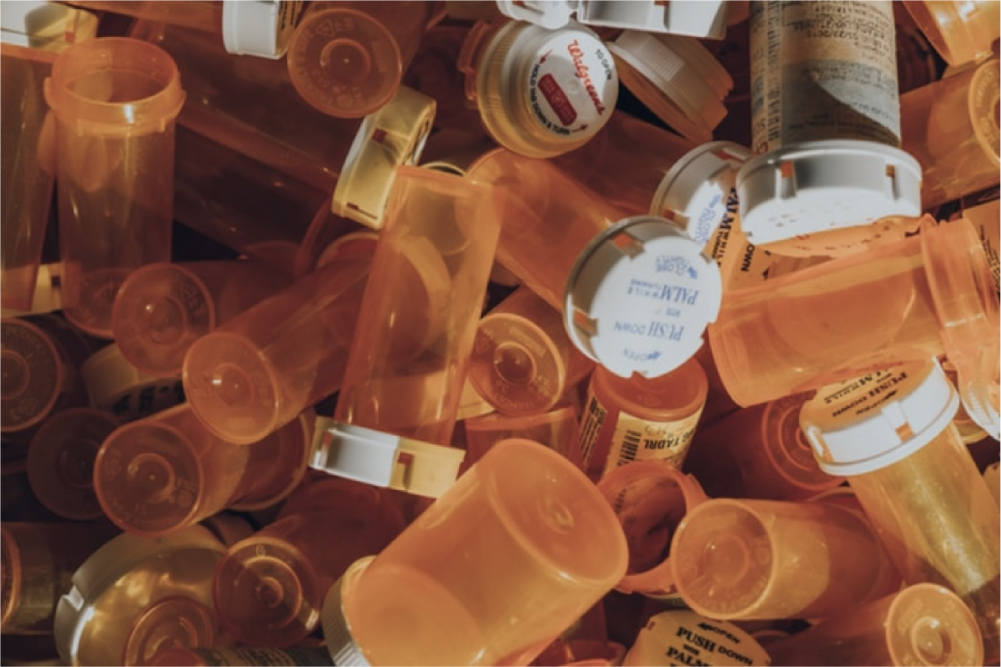
Improving Access and Accelerating Medical Innovation with Medical Reciprocity
In 2018, Mike H. flew to Japan for life-saving cancer treatment. This treatment, Carbon Ion Therapy, was originally developed in the United States, but it was not yet approved by the Food and Drug Administration. Despite referrals from respected doctors, he had to fly to Japan and pay for the treatment entirely on his own, until he was lucky enough to reach a legal settlement with the insurance company.
Every year, thousands of Americans fly overseas for treatments, often ones originally developed in America, but not everyone has the money to pay out of pocket.
Luckily, there is a policy remedy to the problem of expensive medical tourism – state-based mutual recognition agreements.
For instance, the state of Texas could simply choose to recognize Japan as a nation with a high-quality drug and device approval process and allow doctors to prescribe the same treatments that are available in that country; as long as they have acceptable drug approval standards.
This reform would make it easier to get coverage for patients like Mike and for doctors who want to provide the best care options for their patients. If a drug is good enough for patients in Japan or Britain, it should be good enough for Americans too.
A chorus of economists and federal policymakers have advocated for so-called “international reciprocity” with trusted regulators in other nations that have high-quality healthcare standards. Unfortunately, attempts to reform the FDA have stalled because Congress is paralyzed by inaction. States can take up the cause where Congress has failed.
Here’s how exactly how the policy would work:
The legislature designates a list of regions that it will automatically recognize as having a reliable treatment approval process. Treatments available in those areas that are also unapproved at the federal level will become legal to prescribe by a licensed physician in the state.
The legislature or distinguished approval entity can choose to make exceptions if they find affirmative evidence that a treatment is unsafe or ineffective. The legislature also has full authority to modify how the drugs are manufactured or administered through a designated panel of experts.
The bill puts the onus on regulators to prove that the experience of American doctors would be substantially different than those of other areas. If doctors are prescribing the treatment in approved geographies (such as Japan), this is a presumption of efficacy.
The FDA’s glacial response to the coronavirus pandemic has frustrated experts and local policymakers alike. The agency has been widely criticized for rejecting rapid at-home Covid tests that were available in Europe. The FDA has shown similar delays in other areas. Special forces soldiers are being flown out of the country to receive a promising new treatment for substance abuse, Iboga, yet cannot get help locally. In Canada, patients can request palliative treatment with Psilocybin for depression. Yale scientists are using stem-cell treatment to heal spinal injuries using technology from Japan, where regulators give some treatments a conditional license to commercialize without the decade of confirmatory studies required in the U.S.
FDA regulators may have a good reason to doubt the safety and efficacy of an entirely new drug and may not believe that Americans should be the ‘canary in the coal mine’ for the rest of the world. But, when a treatment has been available in many countries for years, and patients are reporting good outcomes, it’s bad science and policy to keep it from the American people.
We need more competition in healthcare just like we need more competition elsewhere in our economy. A state does not have to allow the FDA to continue its devastating monopoly on innovation.
Indeed, there is a successful history of states pressuring change at the federal level. The “Right To Try” movement, a set of legal reforms that give terminally ill patients access to FDA-unapproved treatments, originally began at the state level. Eventually, enough states championed the policies that congress ratified a version of Right To Try nationally and the movement also prompted the FDA to finally make changes to its “expanded access” program.
International reciprocity is already common throughout the world. European Union member states recognize each other’s clinical studies and the convergence of global research standards means that the vast majority of newly approved drugs are similar between nations. Disagreement is almost never about whether a new drug is safe, but simply whether it is as effective as other alternatives. Doctors and not the FDA should be able to decide if such drugs are efficacious for their patients.
Both a pandemic and the booming industry of medical tourism have exposed serious cracks in the ability of the Food and Drug Administration to keep America a beacon of medical innovation. States are fully within their power to ensure that their citizens have access to the best medical care in the world.

Stay Informed
Sign up to receive updates about our fight for policies at the state level that restore liberty, accountability, and innovation in American governance.
